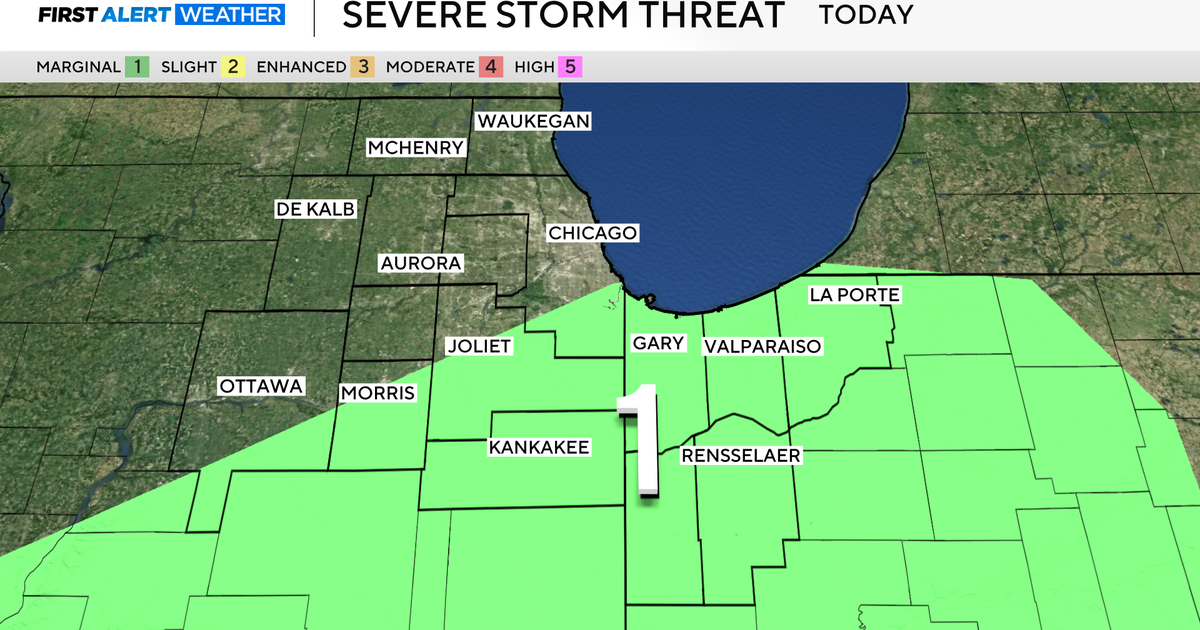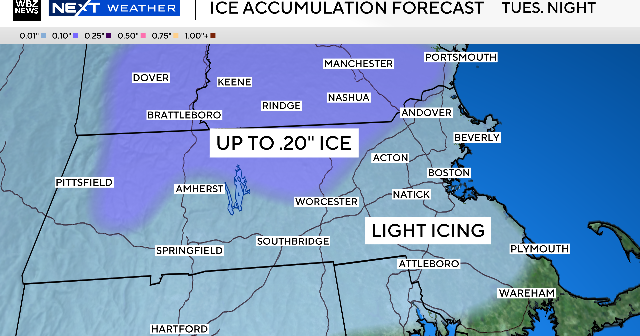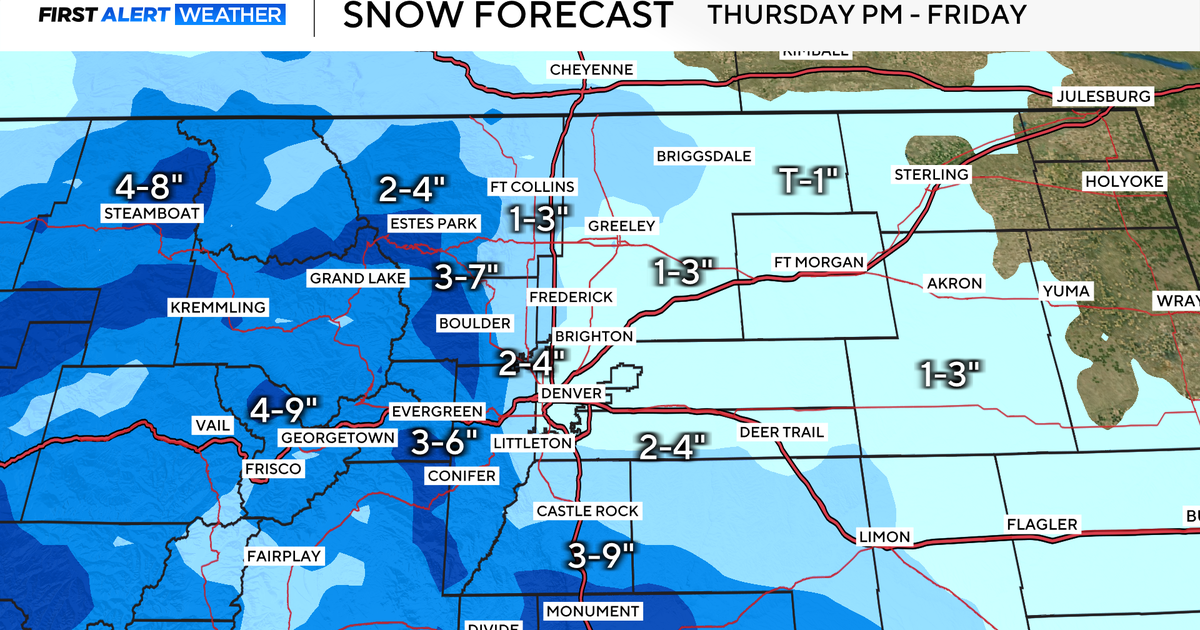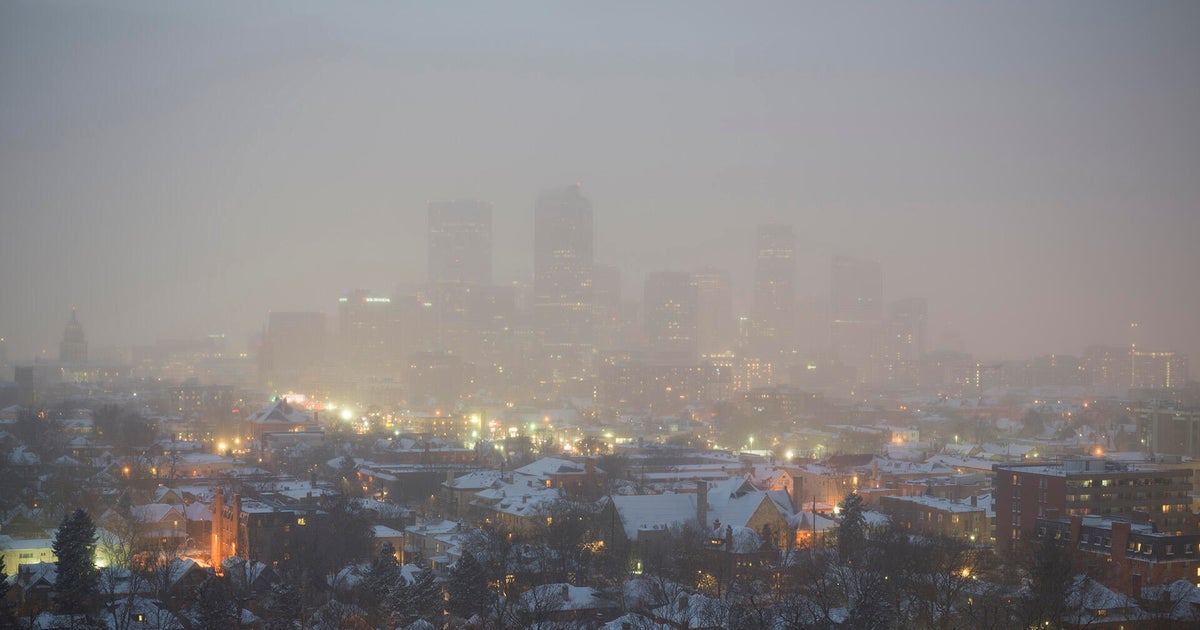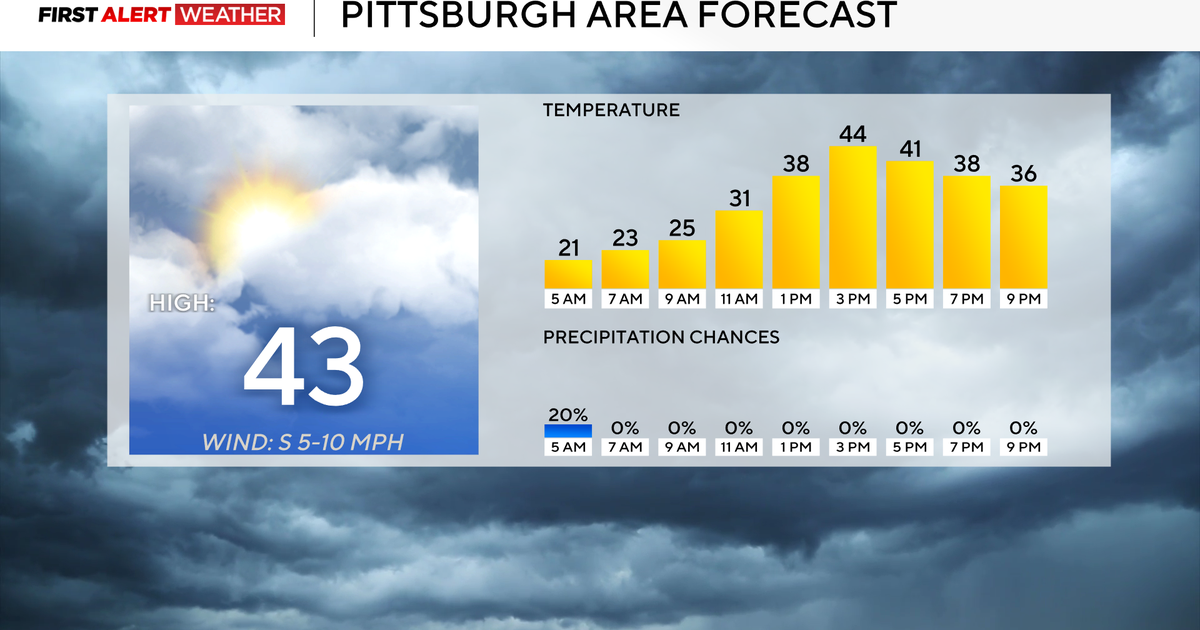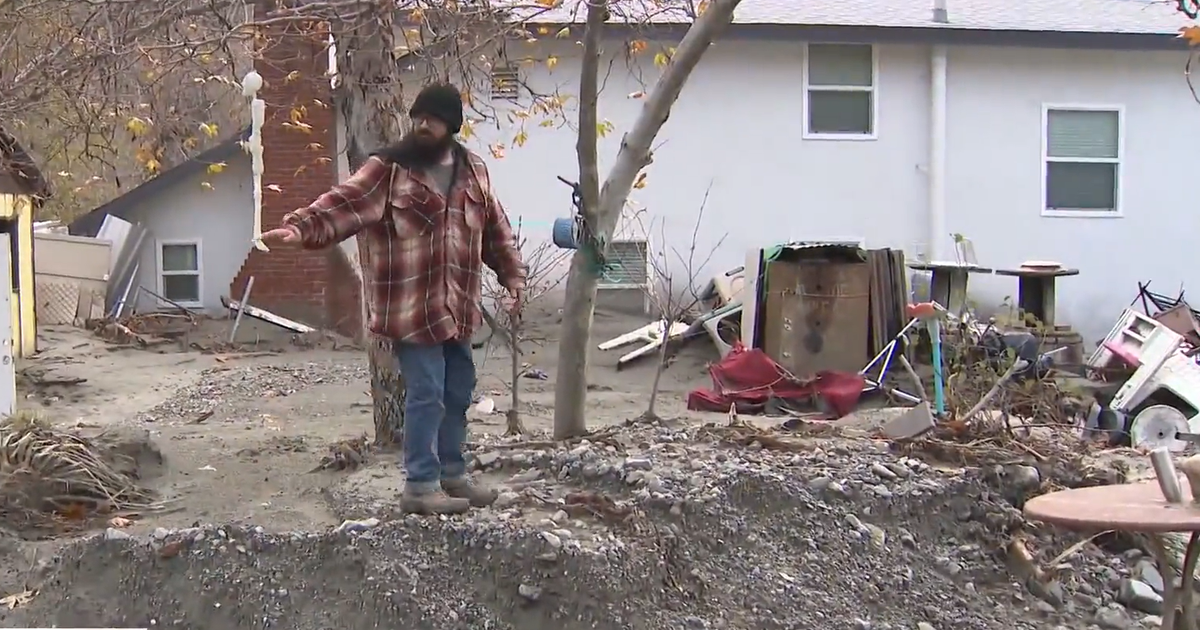Latest Bay Area storm milder but damage continues; Heavy snow forecast for Sierra
SACRAMENTO -- A powerful weather system from the Gulf of Alaska pushed into Northern California on Tuesday, bringing more wind, rain and snow to a state battered by months of storms.
Forecasters warned of heavy snow in coastal mountains and the Sierra Nevada, where accumulations up to 4 feet (1.2 meters) were possible, highway chain requirements took effect and a backcountry avalanche warning was issued for the greater Lake Tahoe area.
The National Weather Service said the storm was expected to pull a plume of Pacific moisture into California as it tracked south, but the rainfall was not expected to be as intense as the atmospheric rivers that impacted the state in recent weeks.
KPIX 5 First Alert Weather: Current Conditions, Forecasts, Alerts For Your Area
Additional impacts from Tuesday's stormy weather included downed trees and landslides along Highway 9 in the Santa Cruz Mountains, causing multiple closures and other stretches of roadway reduced to one lane open. Caltrans said some of the closures could last for days.
In Menlo Park Tuesday, a tree fell on top of a home on Marmona Court near Willow Road, causing the home to be red-tagged. No one was hurt.
Tuesday's storm had less of an impact on power, despite downed trees, traffic accidents and landslides being reported due to the weather. Power outage problems amid wet and windy weather in the Bay Area on Tuesday were far less than from recent storms, according to numbers released by PG&E.
As of 4:30 p.m., only about 1,700 PG&E customers around the Bay Area remained without power. Over 6,000 PG&E customers were without power around the Bay Area at noon, the utility said.
The storm that arrived in the Bay Area on March 21 initially left more than 100,000 PG&E customers without power as winds exceeding 50 mph blew through the region.
After a dozen previous atmospheric rivers and blizzards fueled by arctic air, the water content of California's Sierra Nevada snowpack is more than double normal overall, and nearly triple in the southern Sierra.
Since the onslaught began in late December, the damage includes buildings crushed by snow, flooding of communities and farm fields and homes threatened by landslides.
Crews on Monday tore down a historic pier in Santa Cruz County that was in danger of collapse. The 500-foot-long (152-meter) wooden pier at Seacliff State Beach was severely damaged by big surf in January. Built in 1930, the pier connected the beach to SS Palo Alto, a grounded Word War I-era steamship known as the "cement ship."
On the positive side, the storms have brought much-needed water. The state's two largest reservoirs, Shasta and Oroville, have risen above their historical averages to date after being significantly depleted.
Cities and farmers that rely on the Central Valley Project, the federally managed water system, got a big boost in their allocations Tuesday.
More than 250 agencies - mostly irrigation districts - contract with the federal government for certain amounts of water each year, and the U.S. Bureau of Reclamation announces each February how much of those contracts can be filled, updating as conditions change.
The storm boost in supply means that many providers of irrigation water supplied by the CVP will see the amount they can draw jump from as little as 35% of their contracted total to 80%. Providers for city and industrial uses will be allowed 100% of their historic use instead of just 75%, the bureau said.
In Southern California, the Metropolitan Water District is bringing water from the north to fill its massive Diamond Valley Lake, a reservoir that had diminished to 60% of capacity after three years of drought. It's expected to be full again by year's end.
"Nature gave us a lifeline," MWD General Manager Adel Hagekhalil said Monday as officials watched water pour into the reservoir.
